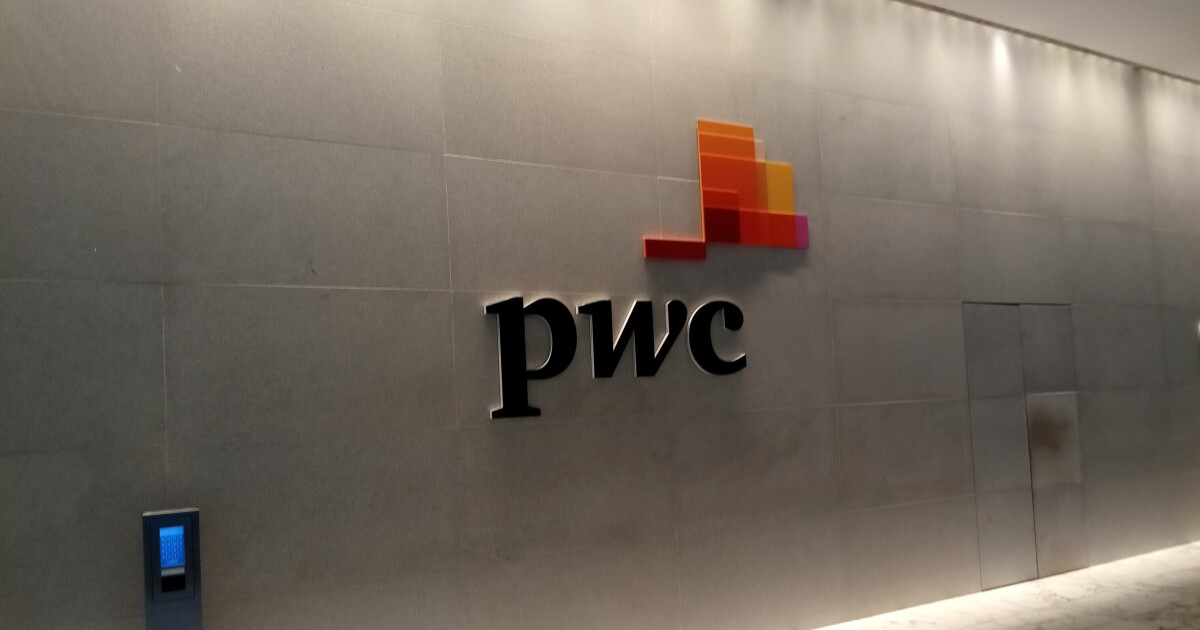When it comes to CPA firm M&A, two things remain constant. No matter what changes may come with the players, financial terms, valuation and structure, M&A is always about money and advantage.
The parties to a transaction have always and will always look for money and advantage. The good news is that, so long as money and advantage are the motivators, smart transactions will be made, and better businesses will emerge. Yet it is imperative to know what satisfies the need for money and advantage.
Acquirers and successors, especially private equity-infused ones, are going to place an emphasis out of the box on high-performing firms, that is, firms with high profitability and technologically progressive platforms. They will view high performers as a more assured way to make money, along with a quicker way to get there.
The valuation for high performers will always be highest — and the competition to acquire that firm will be high as well.
High performers offer several advantages, including an accelerated path to revenue growth, an inclination for innovation, a cross-selling culture, excellent clients, a history of offshoring and outsourcing, creative services, and talent with high upside potential.
High-performing firms that are selling or otherwise aligning will also look for lucrative financial outcomes but may need to be prepared for a higher pressure to perform.
Advantages that the high performers seek include deeper service offerings, accelerated financial upside for up-and-coming potential partners, advanced technology, different types of talent, and more motivation and stimulation.
High performers are accustomed to working differently and taking risks.
When looking for a successor or acquirer, a common mission and culture will be essential to give any owners looking for an exit strong confidence. It will offer others optimism about the prospects for a better and more sustainable business model.
However, the M&A market is not just about the high performers. It is about the average firm and specialty firms.
Average firms would be wise to address three critical ways to competitive and present the potential for money and advantage to all sides:
- Study your practice metrics and implement a two-year improvement and upgrade program. Successors will make money when the clients of a target firm are comfortable with market-based fees and market-savvy services.
- Create a roster of expanded services that will resonate with your clients.
- Cull out the low-end clients and fees.
Specialty firms may fall in the high-performing profile depending on their achievements, but they also may not have focused sufficiently on their KPIs and client selectivity. Depending on the specialty, metric benchmarks will differ and the criteria for accepting the right fit for a client will vary, as well. Specialty firms need to be sure they have a solid understanding of their competitive positioning as an expert relative to other similar firms to create a more compelling option for acquirers.
There is a big difference between fixer-upper firms and those on the cusp of excitement.
Acquirers are not inclined to bid low and take on a fixer-upper. They are prone to negotiate for firms that have upside — especially upside they feel they can nurture quickly, along with potential they feel others are unable to appreciate.
There are no perfect businesses, but there are excellent businesses.
Smart acquirers perpetuate excellence by pursuing money and advantage. Smart sellers need to make their case easy to see that money and advantage are at hand — and show they are willing to make partnership a reality.
Average firm owners need to be ready to accept incentive components rather than fully secured terms. The average firms are looking for enhanced financial security (money) and enhanced business viability (advantage).
So long as CPA firms focus on being businesses first and foremost, M&A will continue, and all kinds of players will be in the game. Make money and advantage your mission and it will pay off.


 Accounting1 week ago
Accounting1 week ago
 Finance1 week ago
Finance1 week ago
 Economics7 days ago
Economics7 days ago
 Finance1 week ago
Finance1 week ago
 Economics1 week ago
Economics1 week ago
 Economics1 week ago
Economics1 week ago
 Personal Finance5 days ago
Personal Finance5 days ago
 Economics4 days ago
Economics4 days ago












